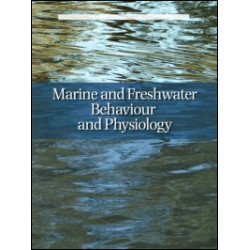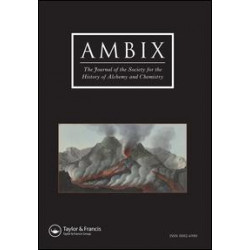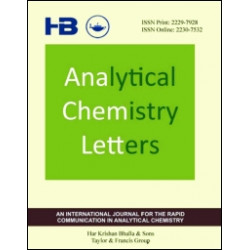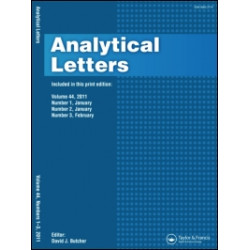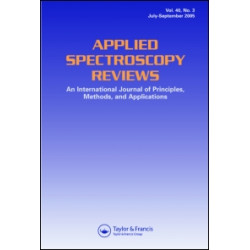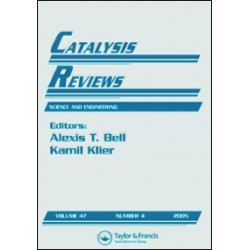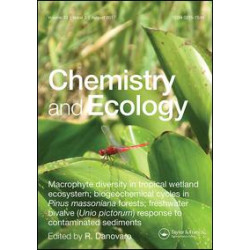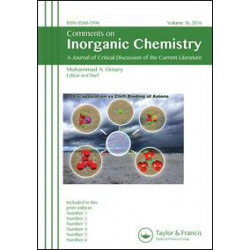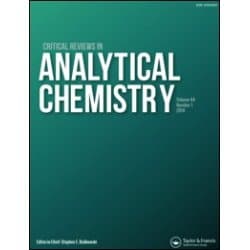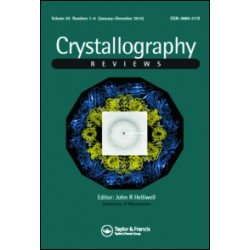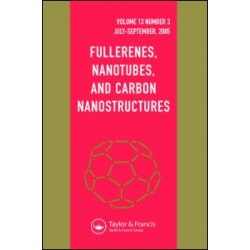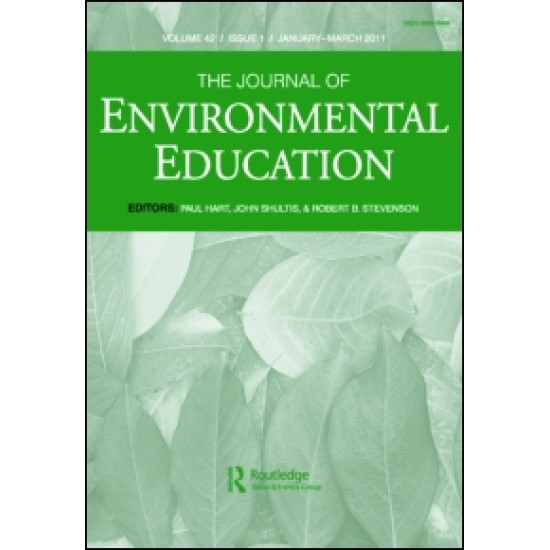
2017 CiteScore: 2.53 - values from Scopus
The Journal of Environmental Education (JEE) is a research-oriented, refereed periodical intended to provide a forum for critical and constructive debate on all aspects of research, theory and practice in environmental and sustainability education (EE & SE). Publication of diverse theoretical and methodological approaches and perspectives for international audiences is aimed at improving the quality of research and practice in the fields of EE & SE. Articles are encouraged that focus on methodological issues, challenges to existing theoretical discourses, conceptual work that links theory and practice and that crosses disciplinary boundaries. Readers will be encouraged to respond to these papers, thus engaging with ideas that advance the theory and practice of EE/SE research.
Research Articles: The JEE invites submissions of unpublished articles on empirical and theoretical research, including critical essays, conceptual or policy analyses, literature reviews and program evaluations, on environment- or sustainability-related education. Articles may be interdisciplinary or draw on any appropriate discipline and address any level from early childhood to higher education and any educational sector from formal to informal to non-formal. To be published, submissions must advance the contemporary theory and/or practice of environmental or sustainability education. Papers are judged on their merit as demonstrations of sound scholarship across diverse methodological and representational approaches for broad audiences of scholars, policymakers and practitioners.
All research articles must include a clear statement of the problem being addressed, be grounded in relevant international literature and be accessible to an international audience. Empirical articles should also include a description of research methodology and methods, findings, and a critical analysis/discussion. Recommendations or implications for policy and/or practice are encouraged. Critical essays and analyses related to environment or sustainability-related education policies, philosophies, theories, or historical perspectives should follow a representational approach appropriate to the particular kind of analysis. Program evaluations must demonstrate innovative advances in the field and should state goals and/or objectives; document the context(s), processes and outcomes; and be transferable to other educational and cultural contexts. All articles are judged on the coherence and quality of the arguments presented and should avoid making unsubstantiated claims. For every submission, include a 100-word abstract and 3 to 6 key words (but exclude "environmental education"). In addition, delete any information that identifies you as author or coauthor; this includes bibliographical references, funding sources, and thank you and appreciation notes.
Reviews: Reviews cover numerous formats, including educational materials (books, films, videos, software, course designs, curricula) or reviews of research project results. The book review editor selects and approves all reviews, but feel free to suggest a review you would like to consider for publication.





